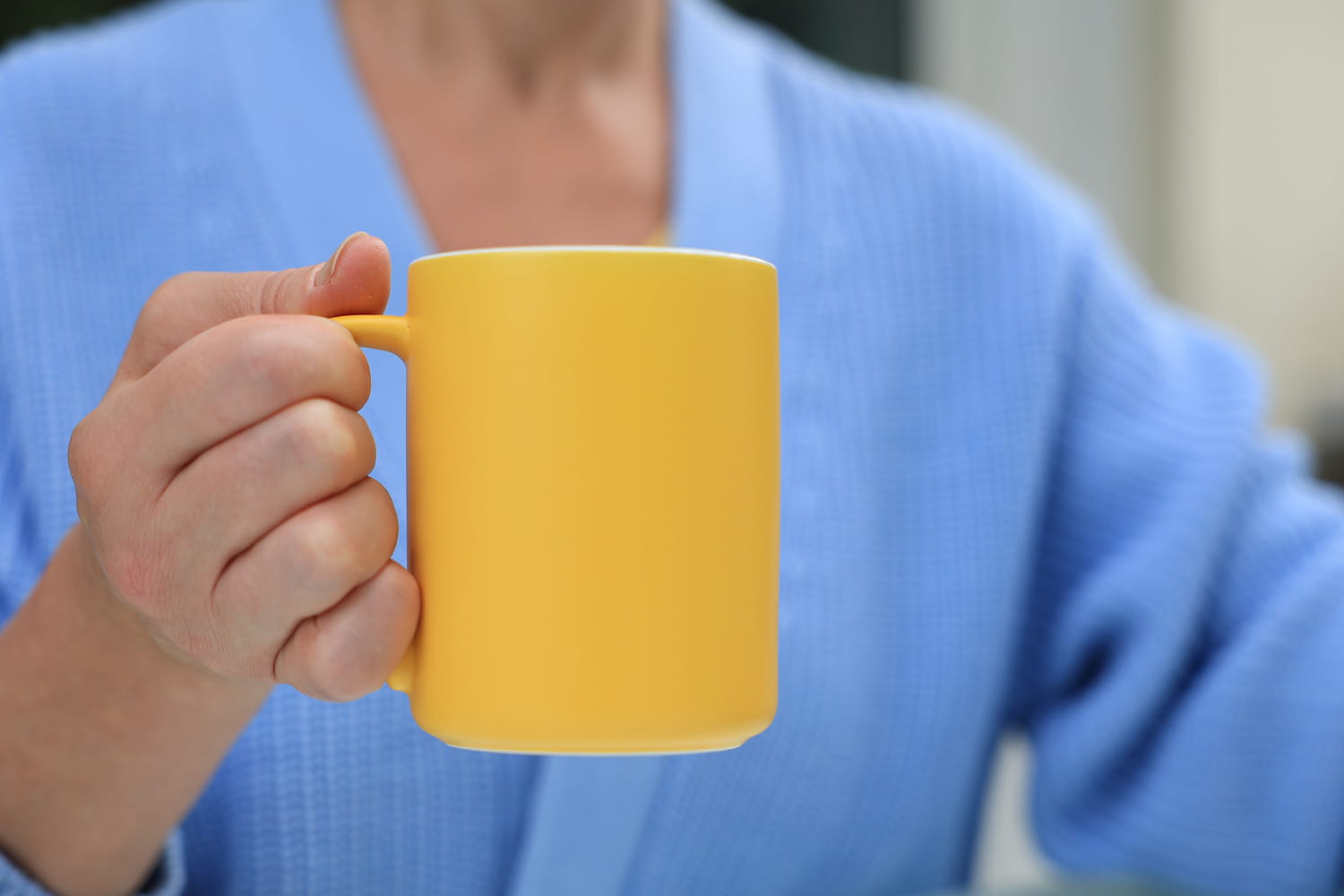Behind her healthy image, she can increase the risk of liver steatosis.
Each day, the liver performs vital functions: detoxification, nutrient metabolism, energy storage and distribution. But certain eating habits can gradually weaken it. Indeed, our diet is both its fuel and its main workload. A balanced diet supports it, while an excess of saturated sugars or fats obliges it to overwork which, over time, increases the risk of liver disease. And it is not always the foods we think, as a gastroenterologist recalls about a very common drink.
The main factor in question is fructose, a simple sugar. “It is generally present in sugary drinks”explains Dr. Saurabh Sethi on Instagram. Unlike glucose, used by most cells, fructose is almost entirely treated by the liver. Result: when consumed in excess, it promotes an accumulation of fats in this organ. In the long term, this increases the risk of non -alcoholic hepatic steatosis (NAFLD), also called “foie gras disease”. This mechanism is confirmed by scientific work, in particular a study published in 2022 in the journal Nutrients, which concludes that sugars based on fructose resulting from sugary drinks increase the fat content when consumed beyond energy needs.
“As a liver specialist, I avoid this food to protect my liver”, explains Dr. Sethi. This food or rather drink is fruit juice. “Even 100 %fruit juices” he said. A glass of 250 ml of orange juice contains about 25 g of sugar (the equivalent of 5 pieces) for less than 1 g of fibers, when an entire orange contains half less sugar for 3 to 4 g of fibers. Without fiber to curb its absorption, fructose arrives massively and quickly at the liver, triggering picps of blood sugar which signal the body to store fat.
The solution? Return to the raw product: the whole fruit. By crunching in an orange or an apple, we benefit from all its advantages: vitamins, minerals, energy, and especially the fibers. These slow down sugar assimilation, feed the microbiota and promote satiety. In other words, they protect the liver from a metabolic overload. As the health authorities recall, it is essential to favor whole fruits and to be limited to a glass of fruit juice per day.







